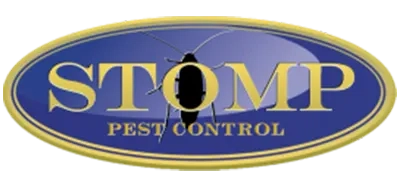How To Choose a Pest Control Company
Hiring the right company for you is the most important step in the pest control process. A company's qualifications and treatment methods are important to consider, as are its years of experience and what other customers have said. Of course, you will also want to think about cost.
Below, we dive into detail on each of these factors.
Does the company have a valid license and permits to perform pest control?
The United States Environmental Protection Agency (EPA) has set minimum competency standards for pesticide applicators, but licensure is regulated at the state level. All pesticide applicators and supervisors in North Carolina need to be licensed through the proper state regulatory agencies.
Is the company a member of any professional organizations?
Pest control companies can earn the GreenPro Service Certification, which requires a company to show that its practices are environmentally friendly and that its employees receive up-to-date training. QualityPro and similar trade organizations also offer other certifications. These are not required, but can help show that a pest control company is reputable.
Pest control companies can also belong to certain professional organizations. Companies can belong to the National Pest Management Association (NPMA), or state-level organizations. NPMA membership gives companies access to education, resources, and a network of other pest control companies. While not required, membership in professional organizations helps demonstrate a company's reputability.
Professional Experience and Specialties
Looking at a company's website can tell you how long it has been in operation and what species of pests it specializes in eliminating. Online reviews can also provide some insight into a company's experience dealing with a specific pest. If you're unable to find this information online, you can try contacting the company directly.
Reviews and Recommendations
You can look up a company's rating and reviews on the Better Business Bureau (BBB), explore local review sites and social media to learn what other people are saying, or verify its license standing through the North Carolina licensing board.
Cost of Services and Guarantees
Cost is probably high on your list of priorities when hiring a pest control company. Cost can be affected influenced by the size of your house, the type of pest being treated, your location, and other factors.
Many companies offer free on-site estimates before starting work, to help you determine whether it fits into your budget. You can also ask whether if your company has a satisfaction guarantee, meaning that it will continue to treat your pest problem until it is solved.
Safety and Treatment Methods
Your preferences regarding safety for yourself, any children or pets, and the environment might affect the provider and the treatment methods you choose.
Safety
Ask your pest control provider if they are going to use low toxicity or non-toxic pesticides, and if not, ask what precautionary measures they will take. Any pesticide that presents above a minimum risk must be registered with the EPA. Your pest control company should be able to provide information about all pesticides that will be used in your home, as well as how safe they are around people and pets.
Treatment Methods
Pest professionals looking to reduce their reliance on chemical pesticides often follow practices such as Integrated Pest Management (IPM). Using IPM involves a series of steps:
- Identify the source of the pest problem and determine if immediate action is required.
- Determine the best and safest course of action.
- Manage the pest problem using a combination of physical, cultural, biological, and mechanical controls.
- Employ chemical controls only when required, and always along with other controls for effective long-term pest management.
- Observe the results and implement additional pest control as needed.
















